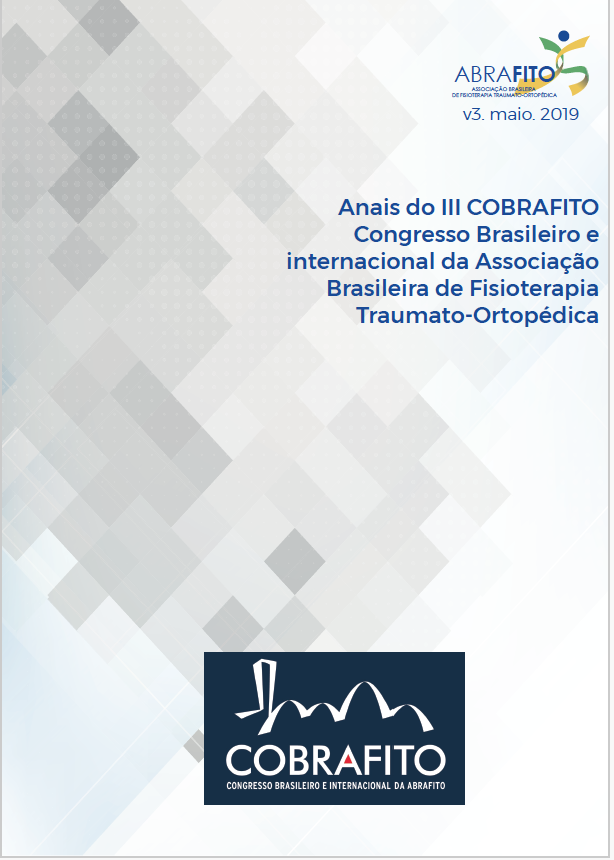THE EFFECTIVENESS OF AQUATIC PHYSIOTHERAPY VERSUS HEALTH EDUCATION PROGRAM IN WOMEN WITH FIBROMYALGIA: A RANDOMIZED CLINICAL TRIAL
Abstract
Introduction: Different treatments have been proposed for Fibromyalgia (FM), but only few studies have compared their effects on multiples outcomes over time. Objective: To investigate the effectiveness of aquatic physiotherapy (AP) versus a health education program (HEP) in a sample of women with FM. Methods: Forty-six women with FM were assigned to either AP (n=27) or HEP (n=19) groups in a blind randomized clinical trial lasting 11 weeks. Data of pain, fatigue, functional capability, anxiety, depression, and quality of sleep were collected at baseline, after six weeks and post intervention. Two-factor mixed-model analysis of variance (ANOVAs) were used to examine the effects of the treatment on each outcome variable, ?=0.05. (Ethical opinion - 687,895). Results: The AP and HEP interventions showed statistically significant intragroup differences on all outcome measures except reducing the pain. The group-by-time interaction for the mixed-model ANOVA was statistically significant only for functional capability [F(1.82,80.41)=31,99; p<0.01], indicating that patients receiving HEP experienced a higher decrease in FIQ scores post intervention. Discussion: Women with FM receiving 11 weeks of HEP or AP interventions exhibited statistically significant improvements following the treatment in different outcomes. However, a slight advantage for HEP was found for the functional capability outcome. Conclusion: HEP for FM patients as well AP have similar effect, it is possible that the techniques evaluated are not competing among themselves but are complementary to each other. The use of one technique instead of the other should be based mainly on the symptomatology and patient’s preference.

